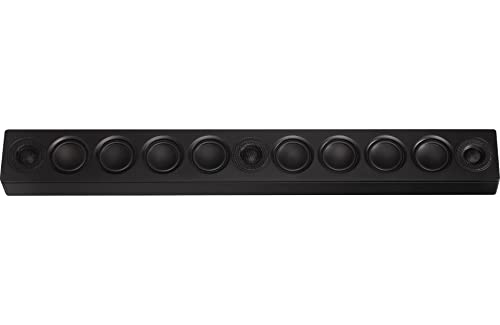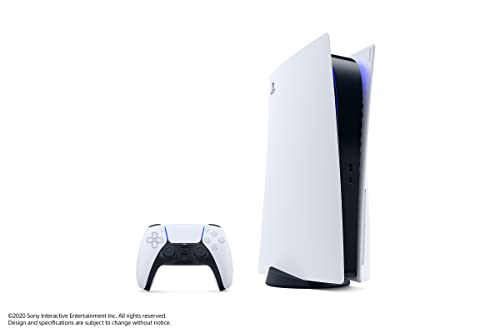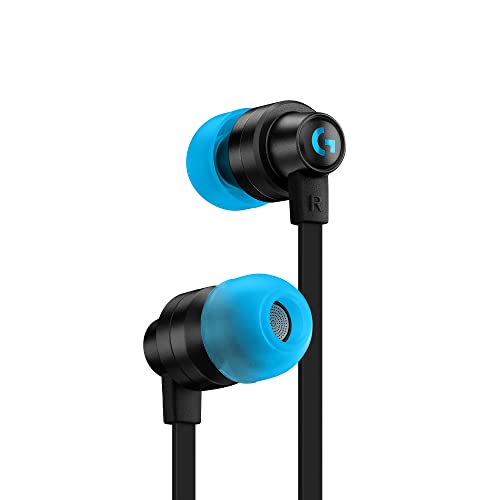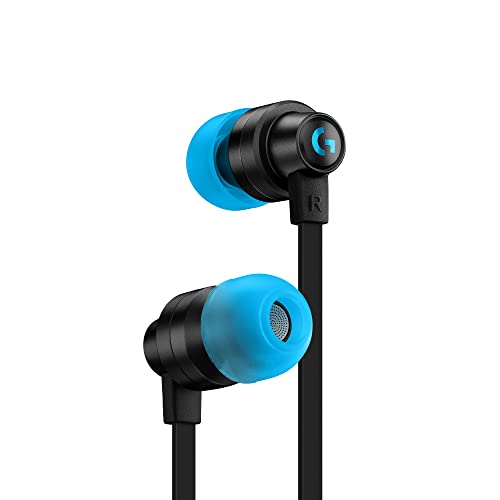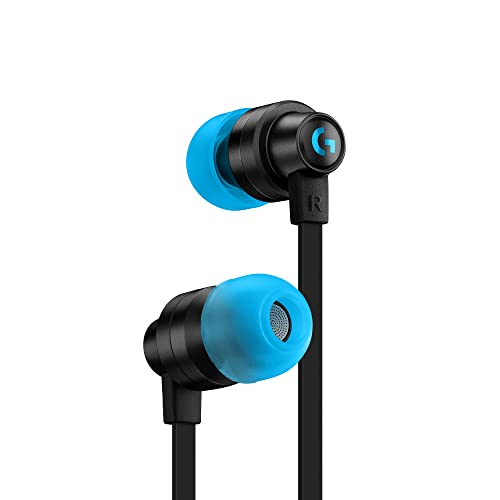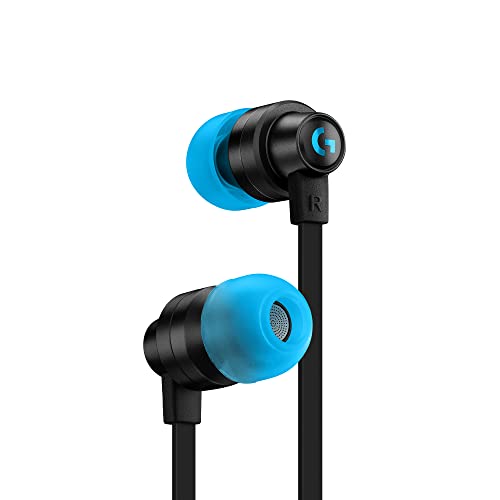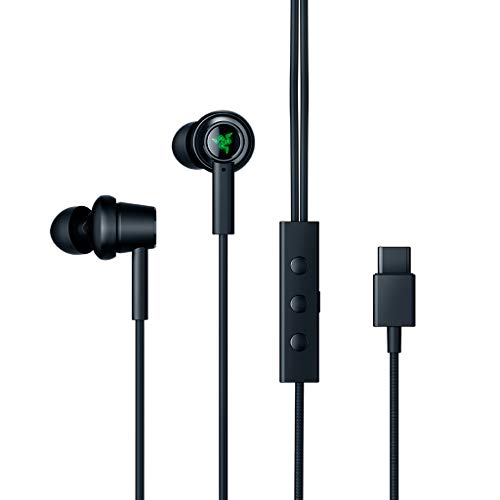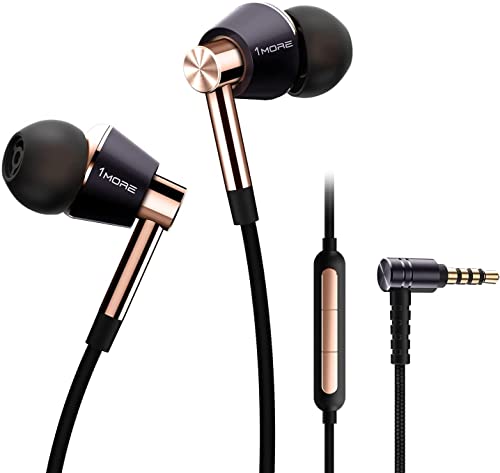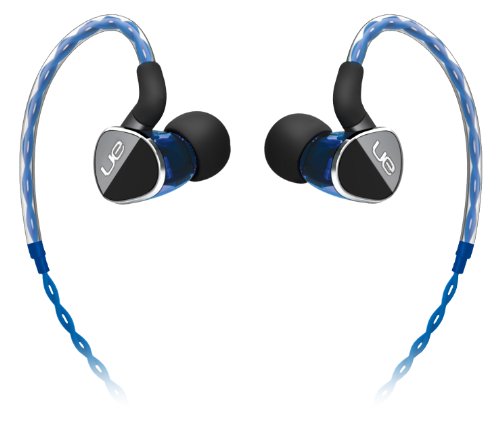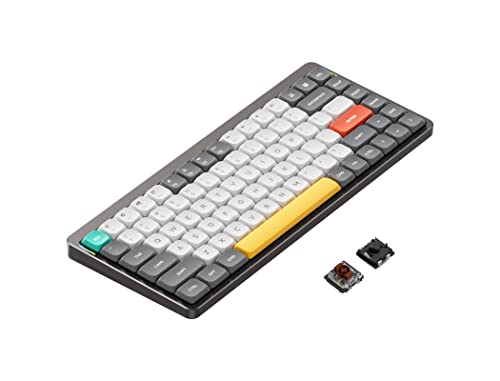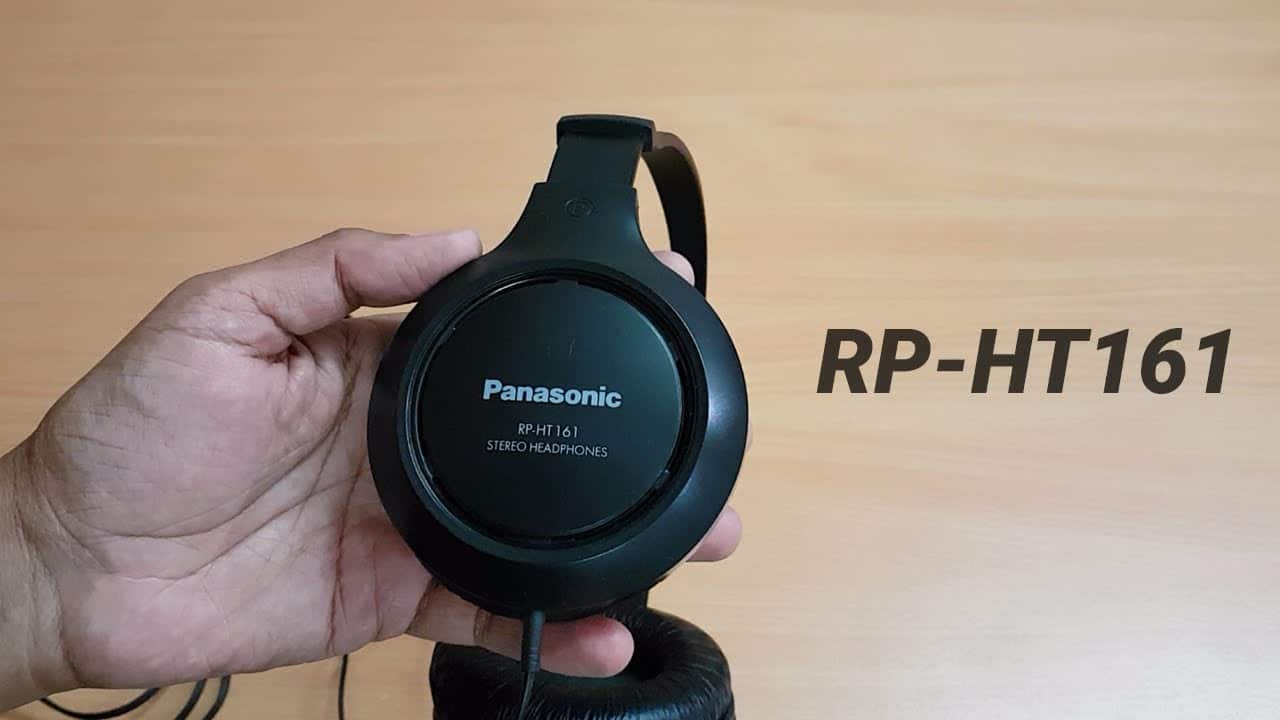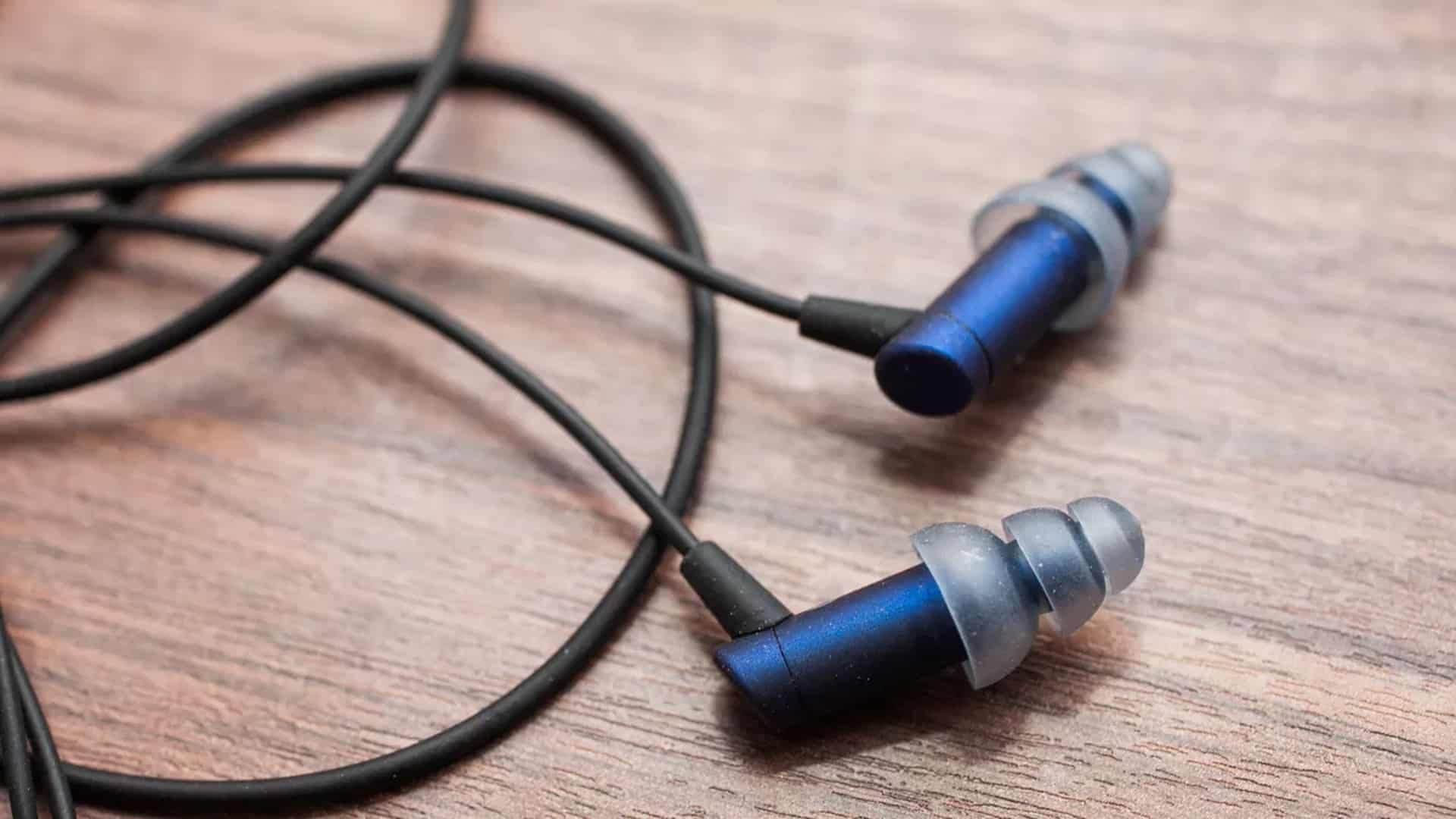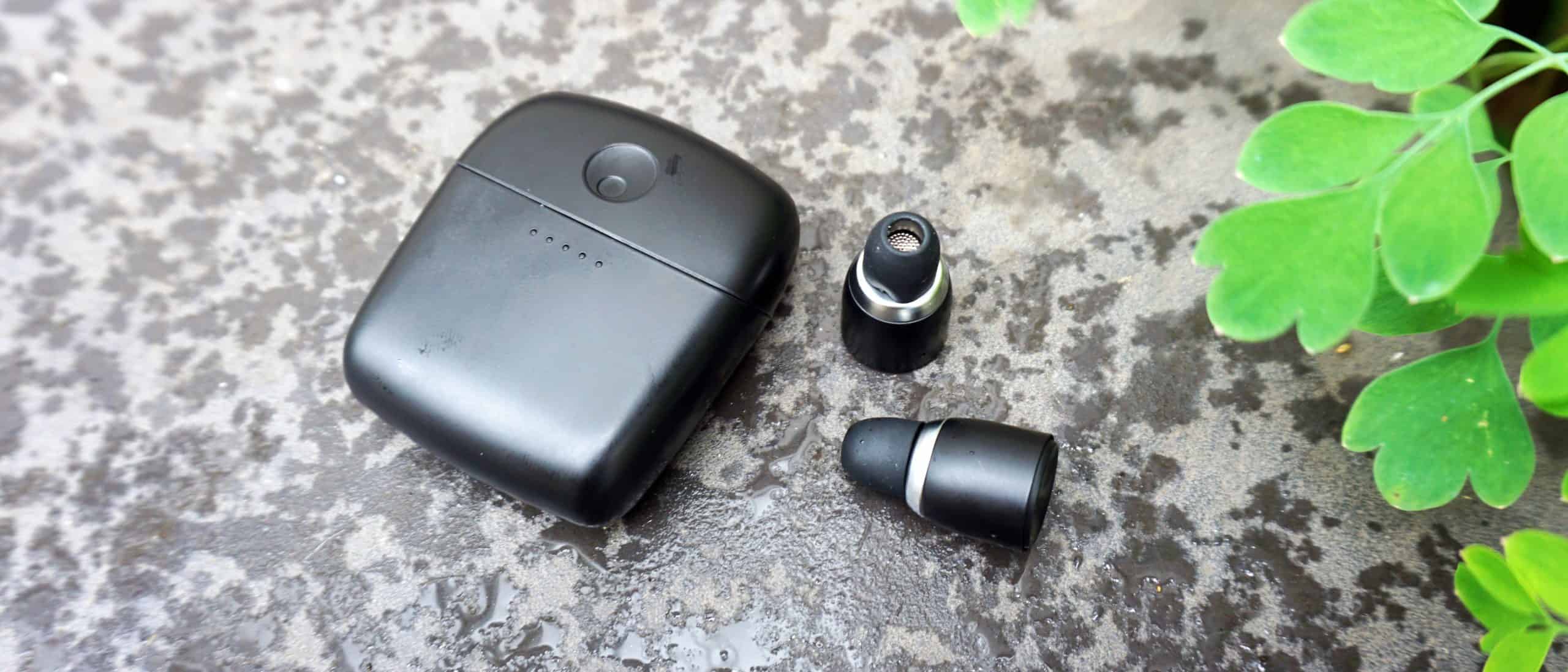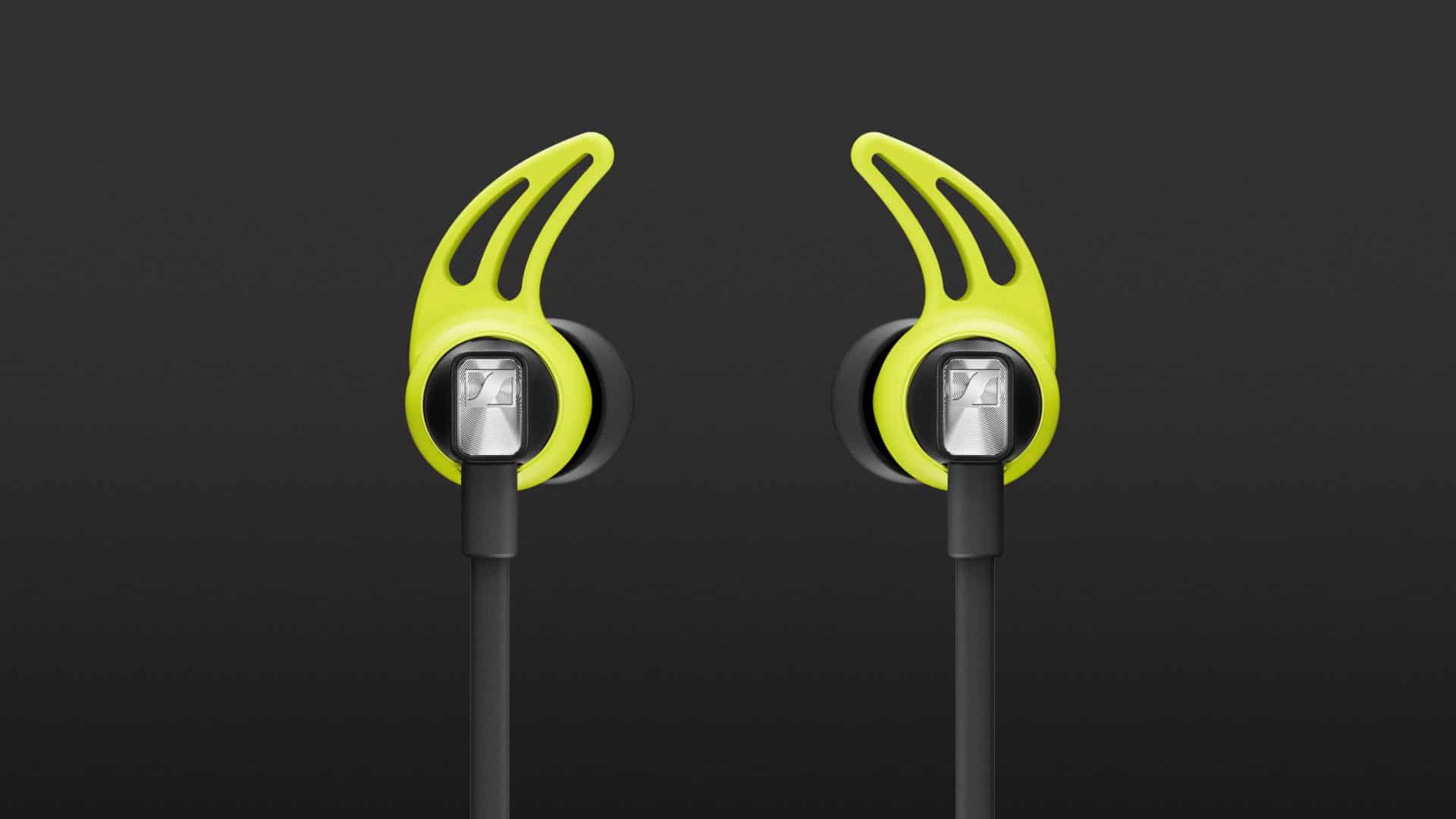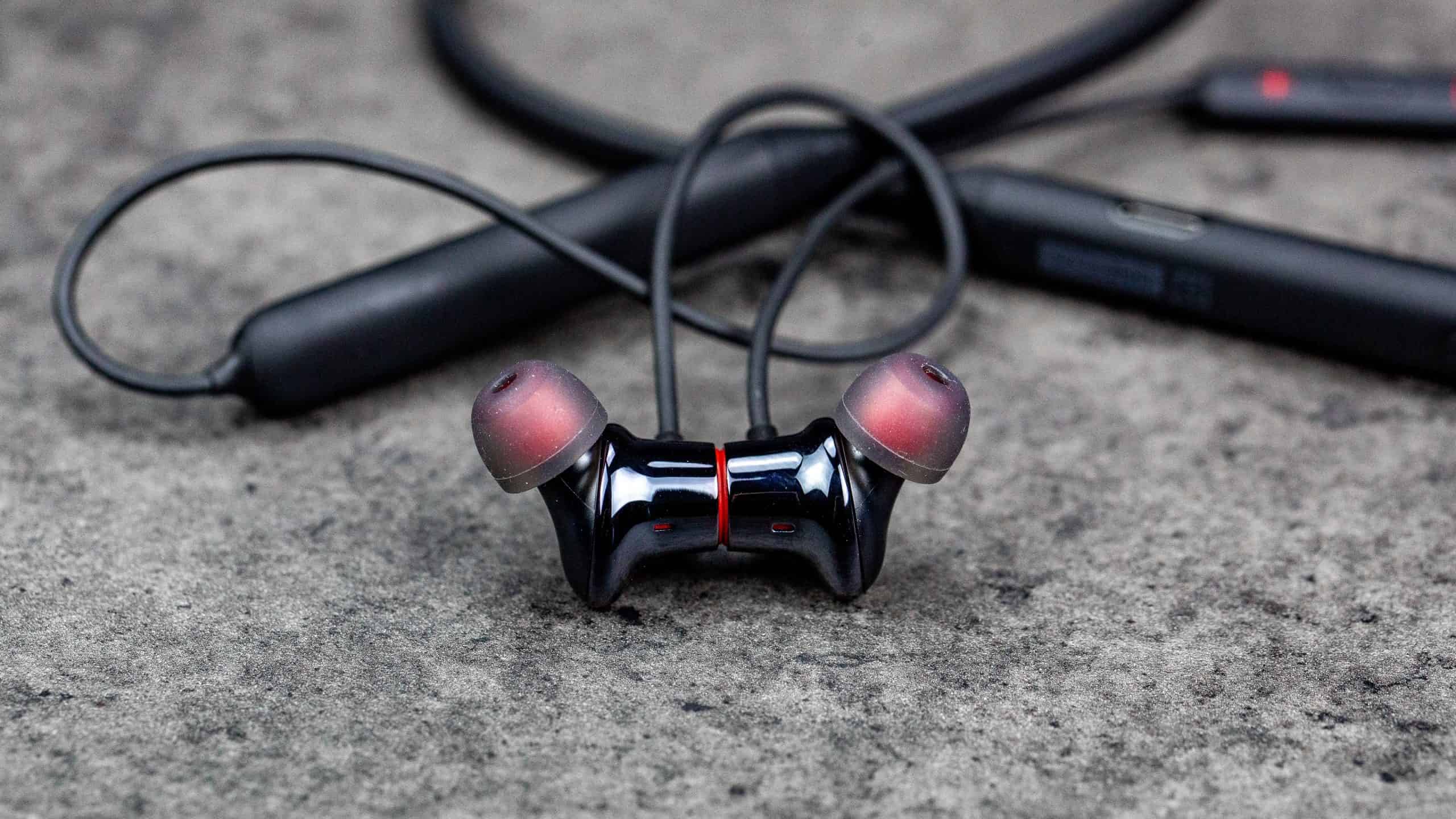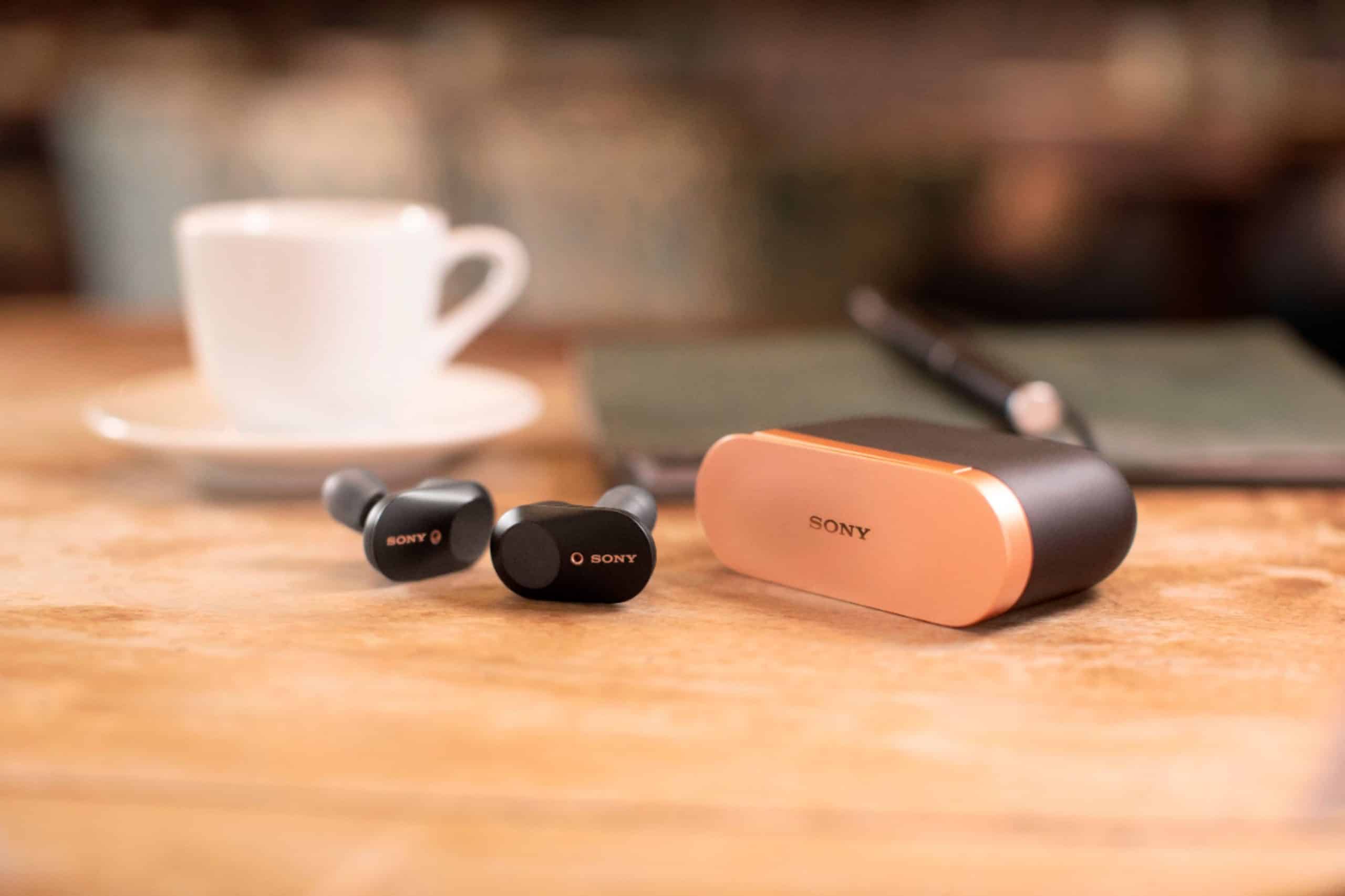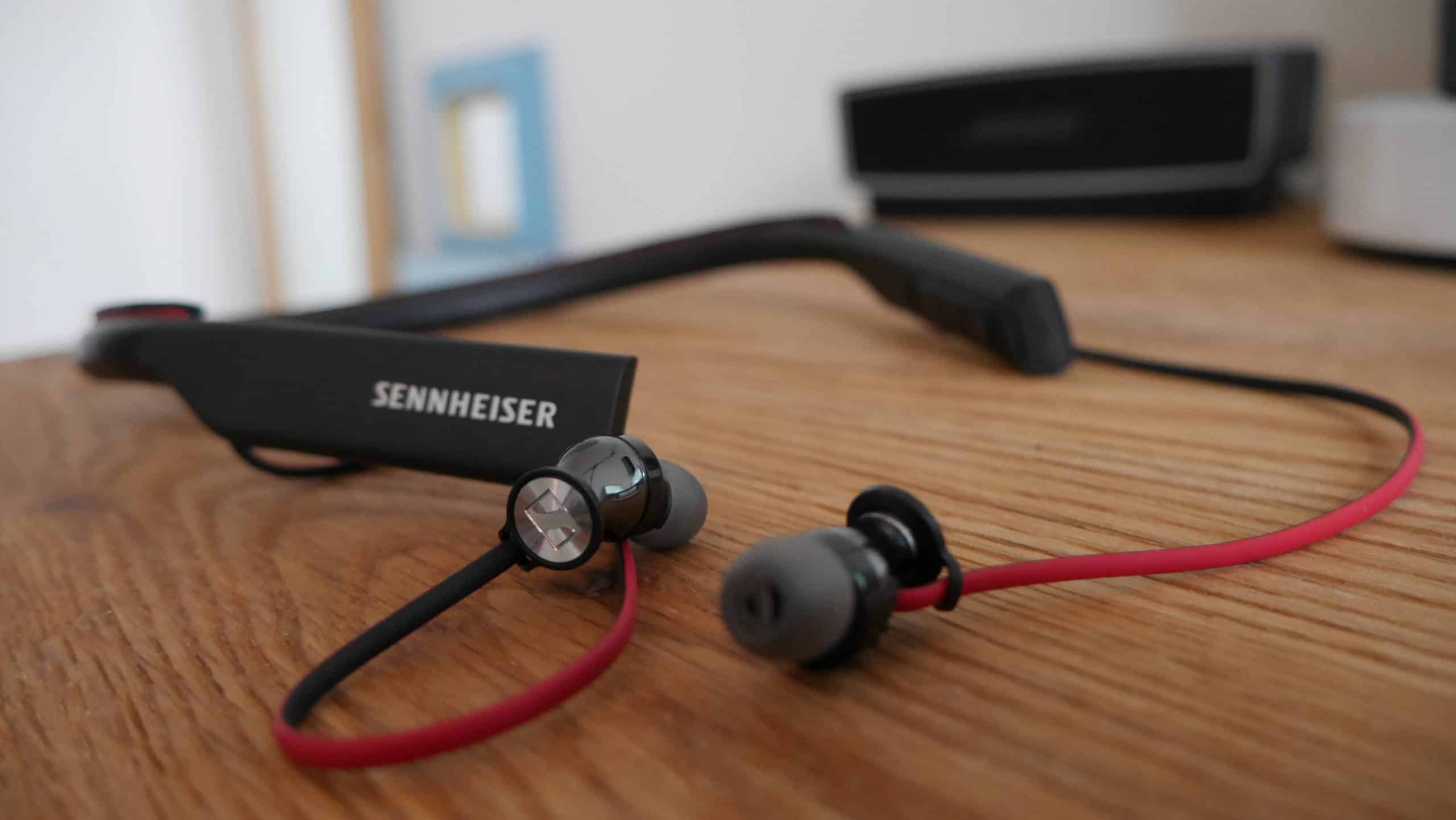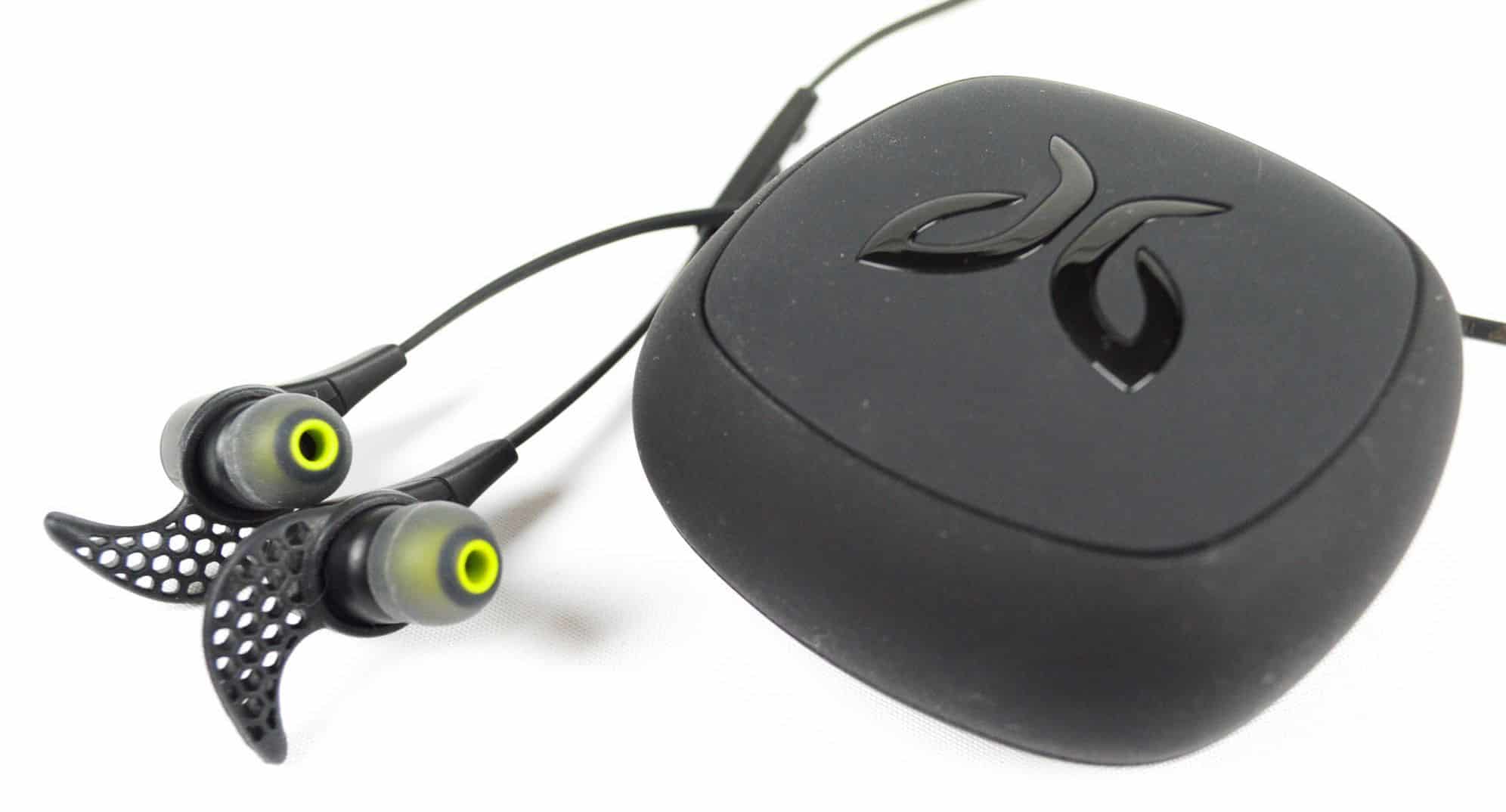If you are new to the world of personal audio, you may look to compare Bluetooth vs wired headphones for radiation. Some of the best headphones, after all, wirelessly transmit via Bluetooth and there has been controversy in the past regarding health concerns. So do wired headphones present less of a radiation risk than Bluetooth headphones? Keep reading to find out.
KEY TAKEAWAYS:
- Bluetooth headphones do emit non-ionizing electromagnetic radiation in the form of waves.
- However, scientists do not think this particular form of radiation, EMR or EMF radiation, is dangerous to humans, no matter the electronic device.
- Beyond radiation, Bluetooth headphones offer advantages over wired headsets, such as convenience.
Are Wired Headphones Safer Than Wireless Headphones?
Short answer? No, not really, and the same goes for Bluetooth vs RF headphones, though the latter may run into some signal interference. The same also goes for earmuffs vs noise-canceling headphones, though the latter is much more expensive. In any event, Bluetooth waves do emit non-ionizing electromagnetic waves (EMR), though many studies indicate that this particular form of radiation is not harmful to humans. However, science is constantly changing, so keep an eye out for any updates in the future as more studies are conducted.
Insider Tip
Make sure to power down your headphones after use to conserve battery life.
Benefits of Wireless Headphones
Bluetooth headphones may not be harmful to your health, but they do offer some improvements when compared to wired headphones, no matter if you are comparing high impedance vs low impedance headphones or any other kind of headphones. Here are some of the main benefits of going Bluetooth.
No Headphone Jack
Bluetooth headphones deliver wireless audio, so you’ll never have to learn how to fix a headphone jack, which is always nice. In general, Bluetooth headphones are susceptible to fewer repair issues, though the issues they do run into may not be fixable, as Bluetooth transmitters are complicated and finicky. In any event, enjoy your wireless freedom and feel free to compare headphones such as the Aftershokz Openmove vs Trekz Air and others.
Long Battery Life
Most Bluetooth receivers are not huge energy hogs, so you can count on lengthy run times with your wireless headphones before needing to be charged. Most Bluetooth headphones last at least six or seven hours, and as much as 20 or 30 hours, before needing to hit the power outlet, whether you are comparing the V-Moda M200 Vs M100 or other makes and models. Of course, wired headphones never need recharging, so that is something worth considering.
Easy Use
Most Bluetooth headphones are easy to use and pair with your favorite audio sources rather effortlessly. Though, of course, there is a slight learning curve for new users.
F.A.Q.S
Should you worry about radiation from headphones?
The radiation released by wireless headphones is considered safe, so don’t worry about wireless headphones in this regard. Wired headsets, however, emit no radiation whatsoever.
Where did the radiation concern come from?
It is true that wireless headphones emit RF radiation and EMR radiation, though so do wireless devices of all kinds. The radiation emitted by wireless headphones, however, is considered safe. Wired headsets, on the other hand, transmit no radiation.
Do wired headphones emit radiation?
Wired headphones do not, but wireless devices do, such as smartphones. Your phone emits RF radiation during use, though it is considered to not be one of the harmful radiation, even in the ear canal.
STAT: Bluetooth technology uses a signal of a certain wavelength to transmit information. The range of Bluetooth-supported devices is usually about 30 feet due to the signal strength. (source)
REFERENCES:
- https://www.electronicshub.org/bluetooth-vs-wired-headphones-radiation/
- https://www.orgoneenergy.org/blogs/news/protect-yourself-from-bluetooth-or-wired-headset-radiation
- https://ijer.ut.ac.ir/article_985_9.htmlr
- https://ieeexplore.ieee.org/abstract/document/9016183
- https://ieeexplore.ieee.org/abstract/document/7275138

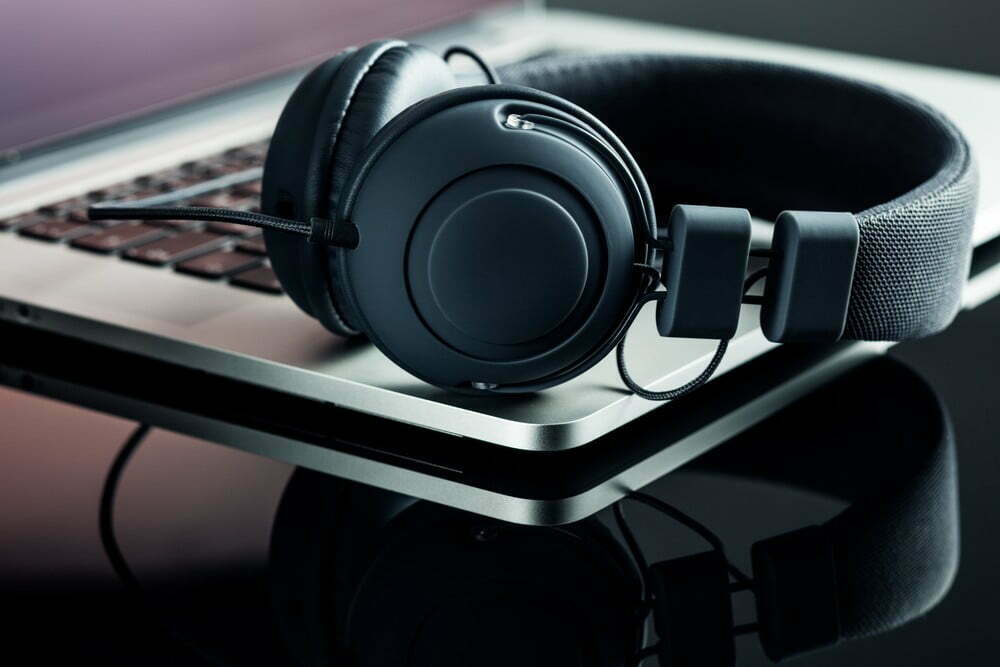














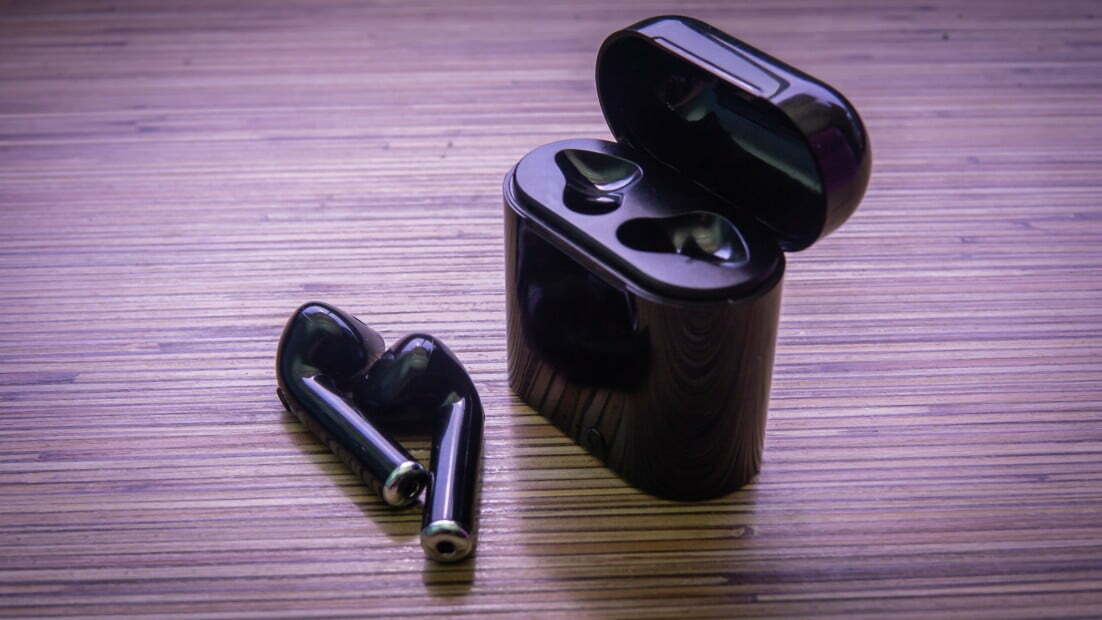


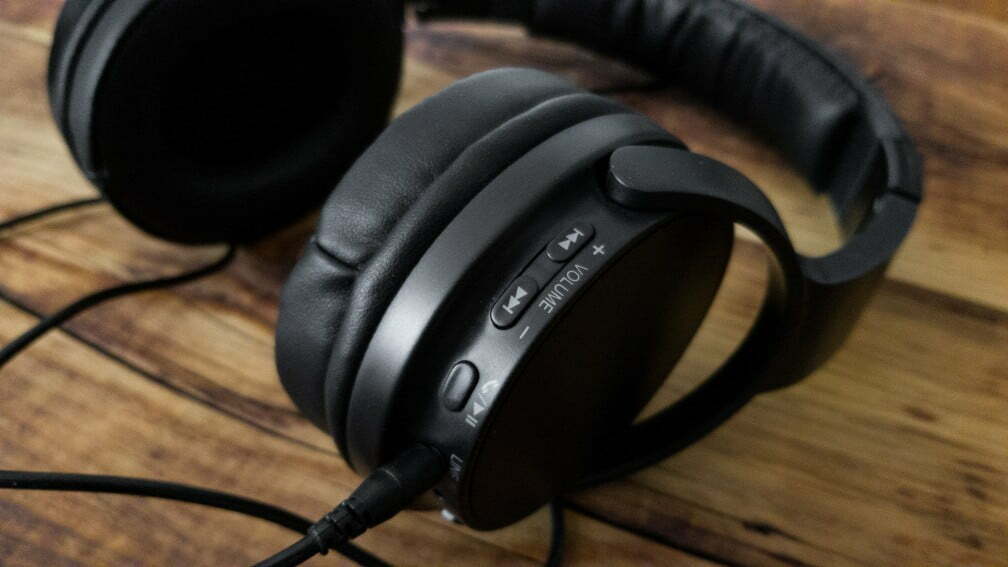










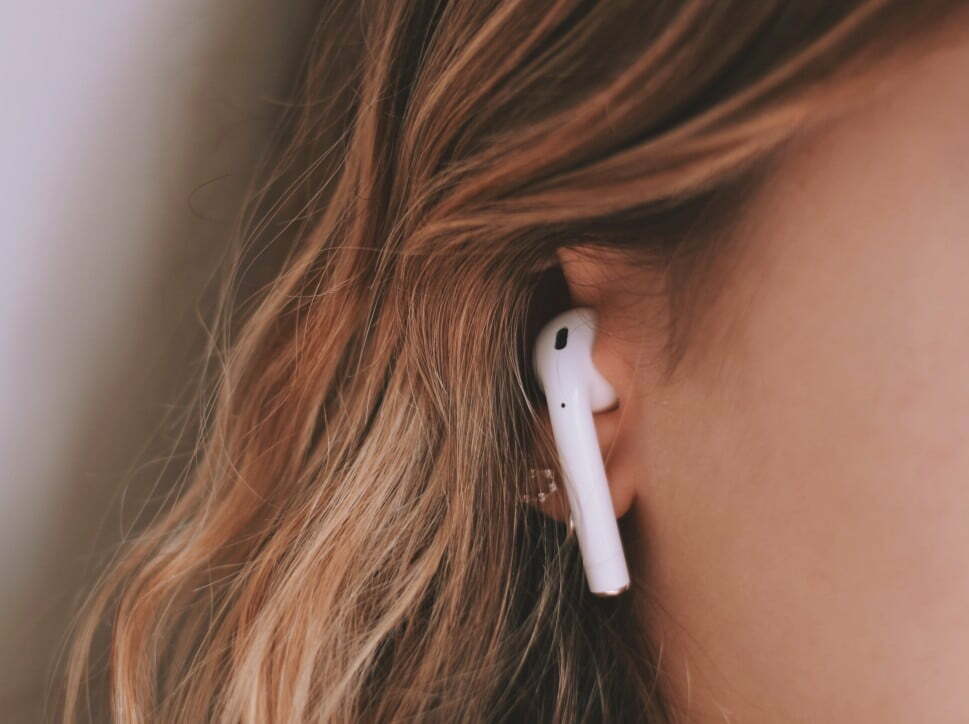

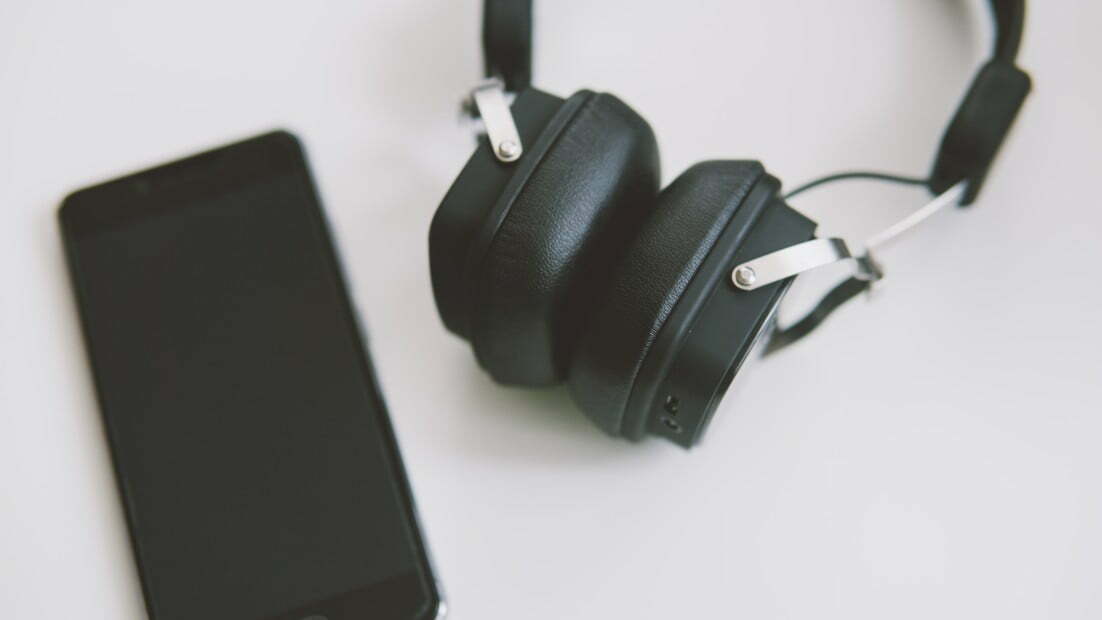

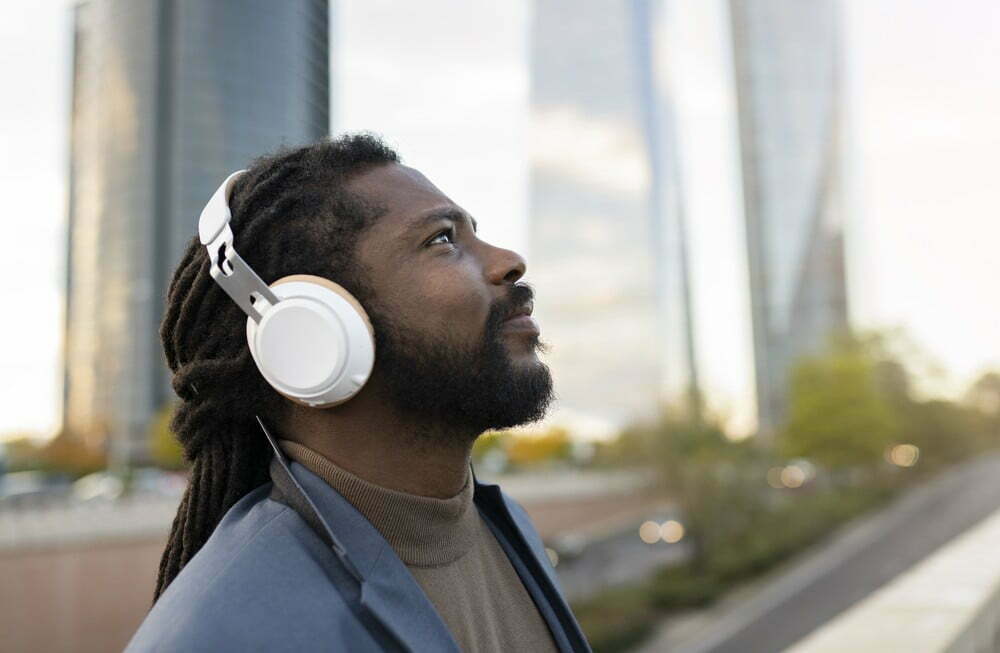
![Best Over-Ear Headphones for Working Out in [year] 27 Best Over-Ear Headphones for Working Out in 2026](https://www.gadgetreview.dev/wp-content/uploads/best-over-ear-headphones-for-working-out-image-scaled.jpg)
![Best Sennheiser Headphones in [year] 28 Best Sennheiser Headphones in 2026](https://www.gadgetreview.dev/wp-content/uploads/best-sennheiser-headphones-image-1.jpg)
![Best Sony Headphones in [year] 29 Best Sony Headphones in 2026](https://www.gadgetreview.dev/wp-content/uploads/best-sony-headphones-image-1.jpg)
![Best Open Back Headphones in [year] 30 Best Open Back Headphones in 2026](https://www.gadgetreview.dev/wp-content/uploads/best-open-back-headphones-image-1.jpg)
![Best Headphones in [year] ([month] Reviews) 31 Best Headphones in 2026 (January Reviews)](https://www.gadgetreview.dev/wp-content/uploads/best-over-the-ear-headphones.jpg)
![Best Noise Cancelling Headphones for Sleeping in [year] 32 Best Noise Cancelling Headphones for Sleeping in 2026](https://www.gadgetreview.dev/wp-content/uploads/best-noise-cancelling-headphones-for-sleeping-image-1.jpg)
![Best Noise-Cancelling True Wireless Earbuds in [year] 33 Best Noise-Cancelling True Wireless Earbuds in 2026](https://www.gadgetreview.dev/wp-content/uploads/best-noise-cancelling-true-wireless-earbuds-image.jpg)
![Best Headphones with a Mic in [year] 34 Best Headphones with a Mic in 2026](https://www.gadgetreview.dev/wp-content/uploads/best-headphones-with-mic-image.jpg)
![Best Headphones for Sleeping in [year] 35 Best Headphones for Sleeping in 2026](https://www.gadgetreview.dev/wp-content/uploads/best-headphones-for-sleeping-image.jpg)
![Best Headphones for Teens in [year] 36 Best Headphones for Teens in 2026](https://www.gadgetreview.dev/wp-content/uploads/best-headphones-for-teens-image.jpg)
![Best Noise Canceling Headphones for Kids in [year] 37 Best Noise Canceling Headphones for Kids in 2026](https://www.gadgetreview.dev/wp-content/uploads/best-noise-cancelling-headphones-for-kids-image.jpg)
![Best Headphones for Music Production in [year] 38 Best Headphones for Music Production in 2026](https://www.gadgetreview.dev/wp-content/uploads/best-headphones-for-music-production-image.jpg)
![Best Wired Headphones in [year] 39 Best Wired Headphones in 2026](https://www.gadgetreview.dev/wp-content/uploads/best-wired-headphones-image.jpg)
![Best USB Headphones in [year] 40 Best USB Headphones in 2026](https://www.gadgetreview.dev/wp-content/uploads/best-usb-headphones-image.jpg)
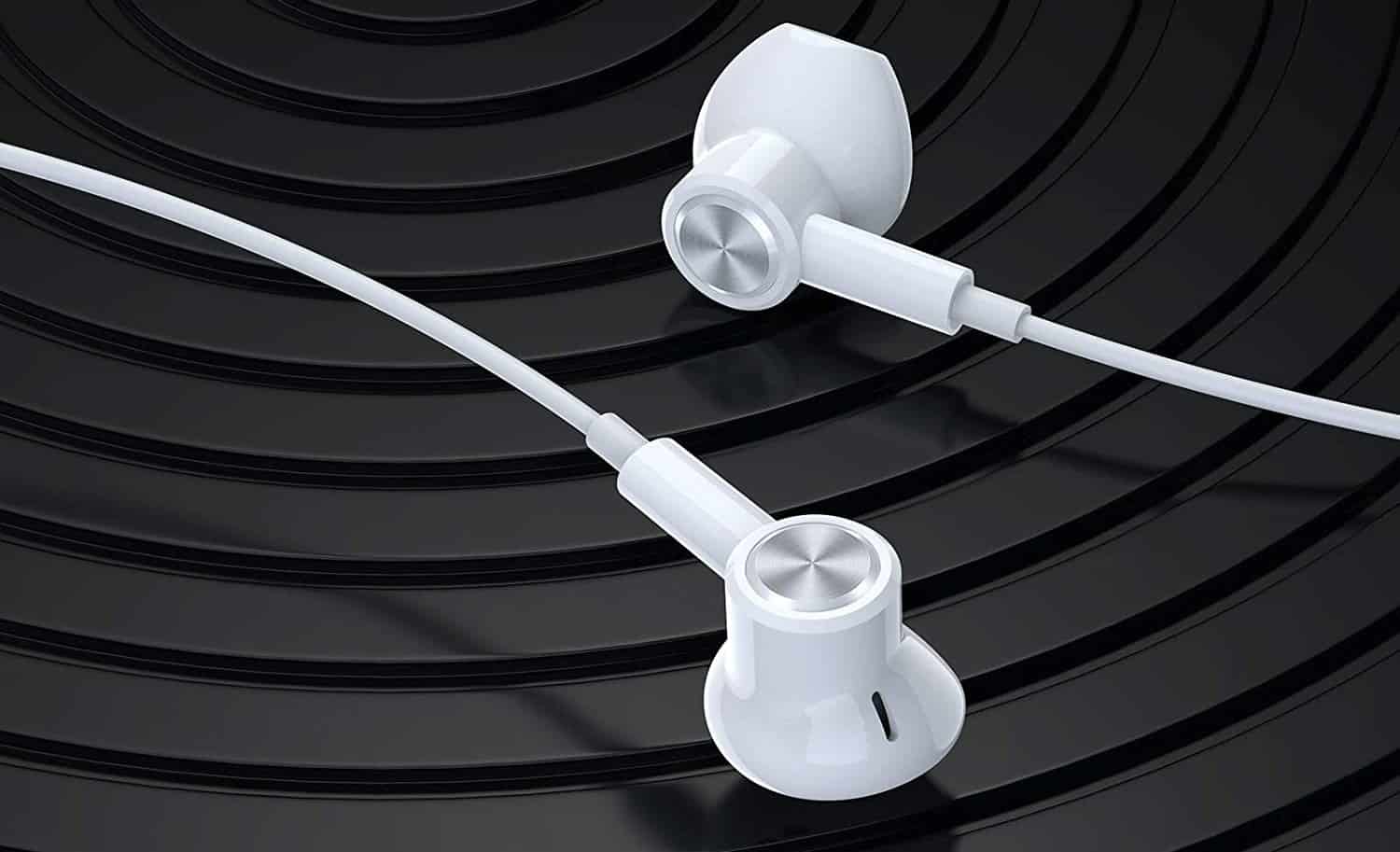
![Best Headphones for Mowing in [year] 42 Best Headphones for Mowing in 2026](https://www.gadgetreview.dev/wp-content/uploads/best-headphones-for-mowing-image.jpg)
![Best Headphones for Music in [year] 43 Best Headphones for Music in 2026](https://www.gadgetreview.dev/wp-content/uploads/best-headphones-for-music-image.jpg)
![Best TV Headphones for Seniors in [year] 44 Best TV Headphones for Seniors in 2026](https://www.gadgetreview.dev/wp-content/uploads/best-tv-headphones-for-seniors-image.jpg)
![Best True Wireless Earbuds in [year] 45 Best True Wireless Earbuds in 2026](https://www.gadgetreview.dev/wp-content/uploads/best-true-wireless-earbud-image.jpg)
![Best Swimming Headphones in [year] 46 Best Swimming Headphones in 2026](https://www.gadgetreview.dev/wp-content/uploads/best-swimming-headphones-image.jpg)
